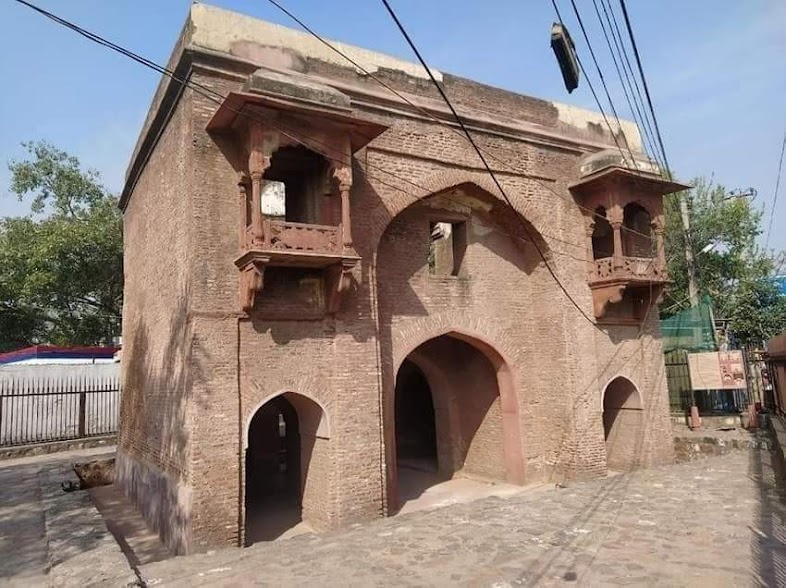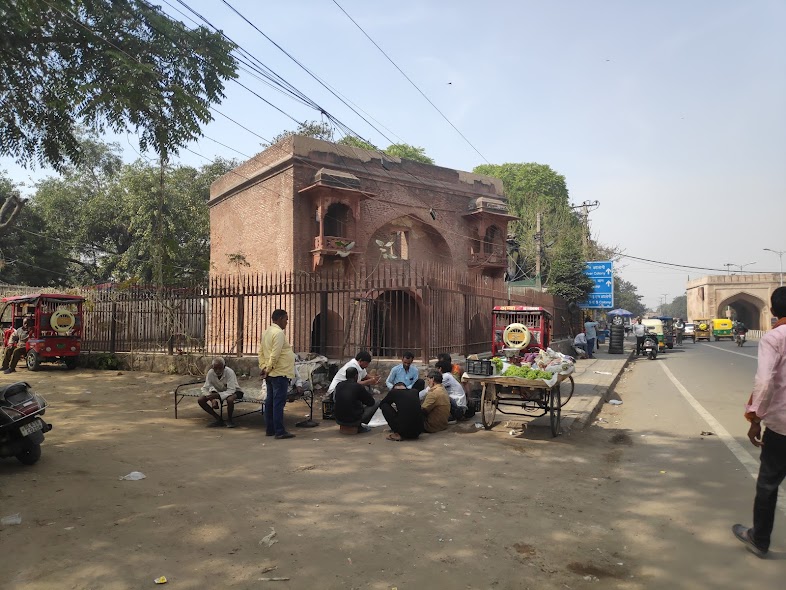
.jpg)

Mahaldar Khan served as the chief eunuch under Muhammad Shah, the Mughal emperor who reigned from 1719 to 1748. As a key figure in the royal court, Mahaldar Khan held the influential position of khwaja sara (chief eunuch), which entailed overseeing the emperor's private quarters, especially the zenana, or women's quarters. The position of chief eunuch came with immense responsibility and authority, as eunuchs often had close access to the emperor, the imperial family, and confidential matters. Mahaldar Khan would have been entrusted with the security, management, and well-being of the royal household and the emperor's inner circle. During the 18th century, the Mughal Empire was undergoing significant political challenges, including internal strife, administrative decline, and external threats, notably from Nadir Shah of Persia, who invaded Delhi in 1739. Figures like Mahaldar Khan played a critical role in maintaining the emperor’s personal and familial interests amid the instability. Although primary sources about Mahaldar Khan’s specific contributions are limited, records indicate that chief eunuchs in the Mughal court often acted as intermediaries, relayed confidential messages, managed imperial finances, and even influenced succession disputes and court politics. In terms of establishment, chief eunuchs such as Mahaldar Khan often had substantial influence and wealth, sometimes commanding their own retinues and properties granted by the emperor as a reward for their loyalty and service. Their influence extended beyond the zenana, as they sometimes acted as unofficial advisors, using their unique position to secure the emperor’s trust and protect his interests.